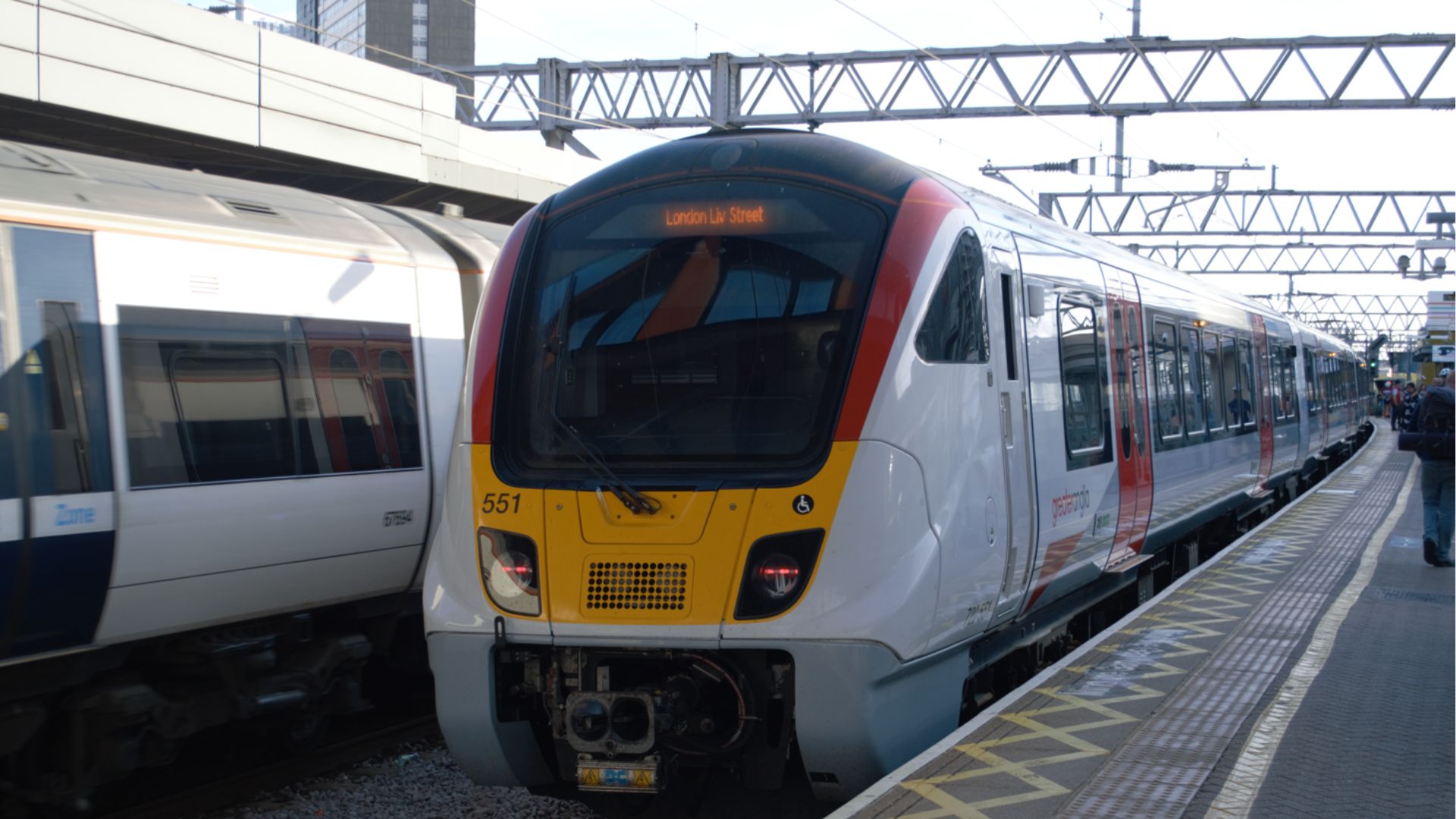Train drivers will strike again the week of the early May bank holiday, bringing much of the UK’s rail network to a standstill.
ASLEF members will conduct a set of rolling 24-hour strikes between 7 May and 9 May, the union has announced – just weeks after a similar round of industrial action crippled services across the country. Overtime will also be banned for six days from 6 May.
ASLEF – which represents 96% of Britain’s train drivers – insist that its members haven’t received a pay rise in more than half a decade.
- ‘What are we going to do?’: Misery for commuters as train strikes continue
- Rolling driver walkouts and crippling shut downs: Will the Tube and train strikes ever end?
The government have “given up” trying to resolve the dispute, said Mick Whelan, ASLEF’s general secretary.
“It is now a year since we sat in a room with the train companies – and a year since we rejected the risible offer they made and which they admitted, privately, was designed to be rejected,” he declared.
In 2023, drivers were offered a two-year deal representing a 4% increase on their salary annually. But the deal came with strings attached: changes to working conditions including working a set number of Sundays.









